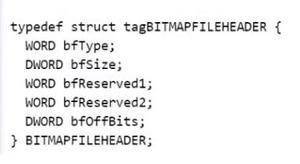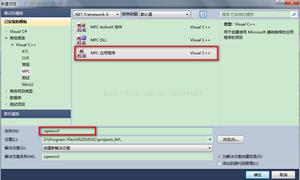Python读取文件基本方法

主要讲述用Python读取文件类型,并形成了一个模块,方便日常代码调用
在日常开发过程中,经常遇到需要读取配置文件,这边就涉及到一个文本读取的方法。
这篇文章主要以Python读取文本的基础方法为本,添加读取整篇文本返回字符串,读取键值对返回字典,以及读取各个项返回列表的应用。至于读取xml文件或者加密文件的其他方法这里不做介绍,后续会详细讲解。
这里直接上模块案例,可以看到 此类中含有3个读取文件的方法,且返回值分别为str,dict,list,分别应用于不同的场景下。其中读取方式都是一样的,分享这个类的目的就是为了让熟手们不用再在代码中写啦,直接引用这个包就行啦!
代码中也融合了一些之前学习的知识点,包括默认参数,冒号与箭头的含义等~
1 #!/usr/bin/env python32 # -*- coding: utf-8 -*-
3
4 """
5 根据不同的读取文件的目的,返回不同的数据类型
6 可以返回str, dict, list
7 """
8
9
10 class FileOperation(object):
11
12 def __init__(self, filepath, filename):
13 self.files = filepath + filename
14
15
16 \'\'\' 将全文本读取出来返回一个字符串,并包含各种转行符 \'\'\'
17 def readFile(self) -> str:
18 res = \'\'
19 f = open(self.files, \'r\', encoding=\'utf-8\')
20 for line in f:
21 res += line
22 f.close()
23 return res
24
25
26 \'\'\' 针对键值对形式的文本,逐个读取存入到字典中,返回一个字典类型数据,常用于配置文件中 \'\'\'
27 def readFile2Dict(self, sp_char = \'=\') -> dict:
28 res = {}
29 f = open(self.files, \'r\', encoding=\'utf-8\')
30 for line in f:
31 (k,v) = line.replace(\'\n\', \'\').replace(\'\r\', \'\').split(sp_char)
32 res[k] = v
33 f.close()
34 return res
35
36
37 \'\'\' 针对需要逐行放入列表中的文本,返回一个列表类型 \'\'\'
38 def readFile2List(self) -> list:
39 res = []
40 f = open(self.files, \'r\', encoding=\'utf-8\')
41 for line in f:
42 res.append(line.replace(\'\n\', \'\').replace(\'\r\', \'\'))
43 f.close()
44 return res
45
46
47 if __name__ == \'__main__\' :
48 import os
49
50 fo = FileOperation(os.getcwd() + \'\\temp\\\', \'model.html\')
51 res = fo.readFile()
52 print(res)
53
54
55 fo = FileOperation(os.getcwd() + \'\\temp\\\', \'test.txt\')
56 res = fo.readFile2Dict(\'|\')
57 print(res)
58
59
60 fo = FileOperation(os.getcwd() + \'\\temp\\\', \'test.txt\')
61 res = fo.readFile2List()
62 print(res)
今天就分享这个简单的案例,如有其他场景需求,评论或私信我,都会加以改进,分享到这里的,另外特殊文件的读取和写入,我会在后期也一并分享,关注我,后期整理不能少!
或者关注我头条号,更多内容等你来 https://www.toutiao.com/c/user/3792525494/#mid=1651984111360013
以上是 Python读取文件基本方法 的全部内容, 来源链接: utcz.com/z/387277.html






